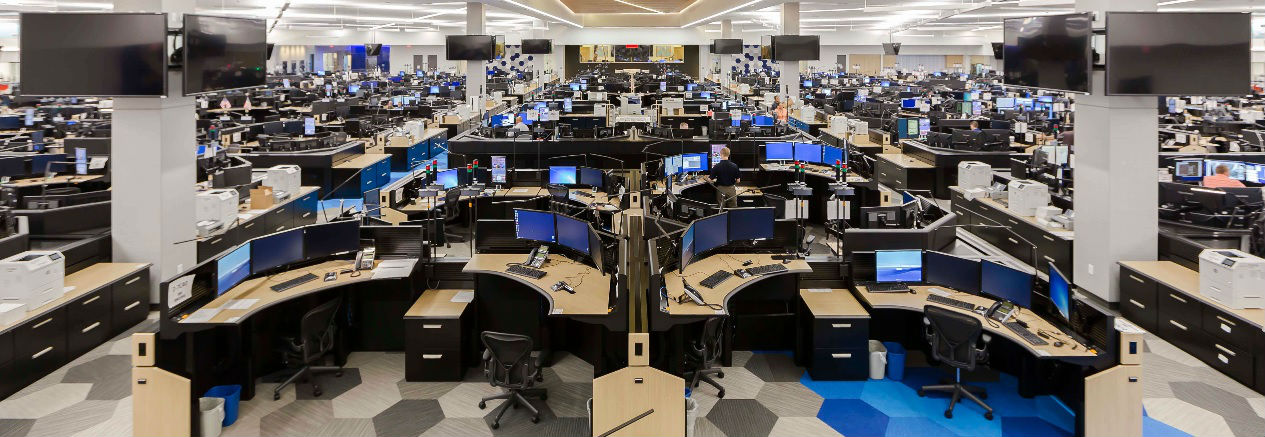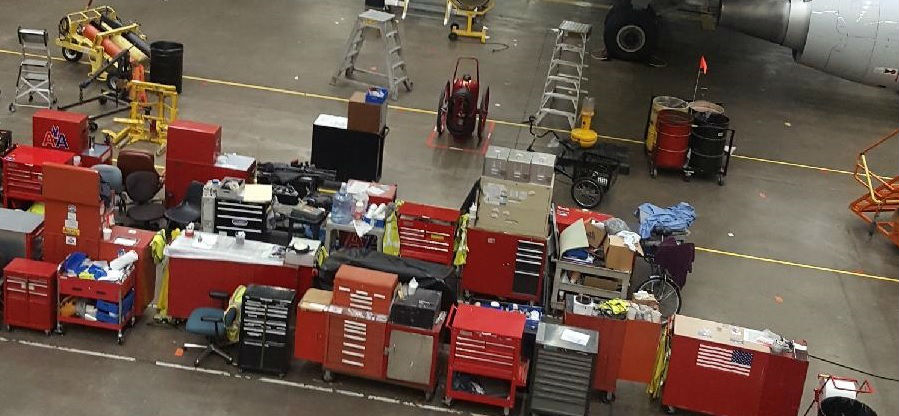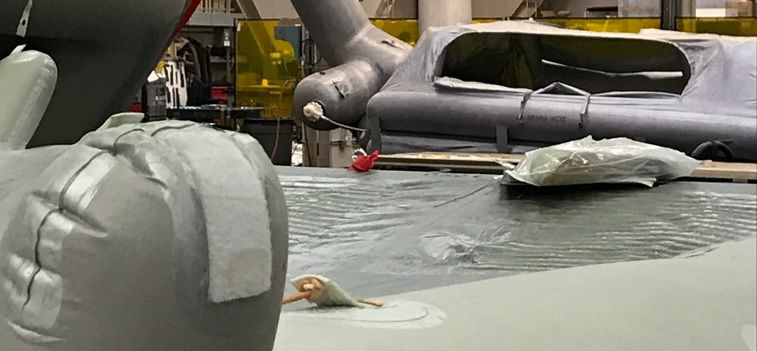|
TWU Local 567 EAP / Member Assistance
Credit IAM EAP, LAP, Local 591
What is EAP? Employee Assistance Program Definition and How It Works
Employee Assistance Programs are workplace-based services that help employees/union members resolve problems. These problems can be personal or professional in nature. An EAP will listen to your situation, explore the situation with you and make referrals to professionals, and other appropriate resources. This will help you address difficult circumstances and get back on track both personally and professionally as quickly as possible. EAPs are strictly voluntary. If you are experiencing difficulties, you can choose whether to utilize the EAP or not. The entire process is confidential. Confidentiality is the cornerstone of an EAP. Being able to speak confidentially about a problem is critical to getting the proper resource to effectively deal with the problem. This allows you to be sure that you can get the help you need to overcome a problematic situation. EAPs can be third-party services, (as opposed to in-house services) where you work. These unique benefit programs come with a wide array of expertise and resources that can help with almost any situation. How Employee Assistance Programs Work No problem is too small for you to seek help from an EAP. EAP’s can be particularly useful for when you are under a great deal of work or emotional stress because of professional, marital, or familial discord. You may be coping with a serious health issue with a parent, have an out-of-control child at home, be facing overwhelming student debt or you may just need to talk with a caring counselor about a personal problem.
For example, if you are experiencing domestic violence at home, the EAP will work with you to give you options about how to address your situation. Domestic violence is not uncommon and there are many community resources available that can be tailored to your circumstances. Your safety is always paramount to your EAP representative. Your EAP representative can help you determine what resourceis most appropriate, including counseling or other support. Because of the confidential nature of EAPs, you can get the help needed to deal with the situation. In the case of domestic violence, this may involve strategies to prevent things from escalating at home, in public or having a spouse show up at your workplace unannounced. EAP’s help you with the challenges you are facing. Confidentiality also assures employees they’re being listened to without others learning about their problems. An employee assistance program is always focused on and dedicated to your safety. As we emerge from the pandemic, we are faced with situations that none of us could have anticipated. It is very common to feel anxious, depressed, and helpless about what has happened and what the future holds. Your EAP is there to listen, explore and help you resolve even the most trying circumstances.
How Do I Know When I Really Have a Problem? We all have ups and downs. It’s not always easy to decide when to ask for help. Your EAP representative can help you determine whether you need to take action. Remember, it’s better to deal with a problem before it becomes overwhelming. Ask yourself these questions. • Do I think about the problem frequently or am I always worried about the same thing? • Am I just telling myself the problem “isn’t that bad and it’ll just go away,” but it doesn’t? • Do I feel tired, frustrated, depressed, angry, or sick? Do I feel like giving up? • Is my job performance or dependability being affected?
With What Kind of Problems Can EAP Help? The EAP representative can assist with a referral to a mental health professional or resource when a member may experience a range of personal problems. Here are some of the problems the EAP can help resolve. • Depression / Anxiety • Grief & Loss • Alcohol / Drug Dependence • Gambling • Addictive Behavior • Sexual Abuse • Divorce • Debt Management • Elder Care • Trauma Reactions • Domestic Violence • Eating Disorders • Child / Teen Conduct • Marital Relationships
|









